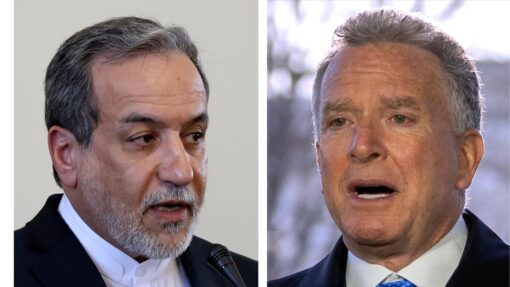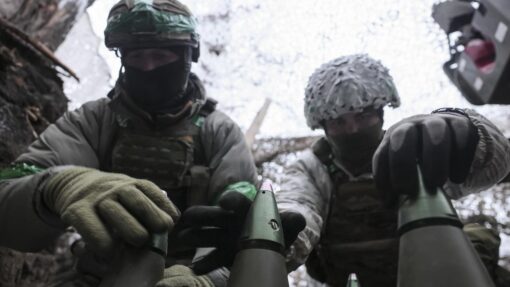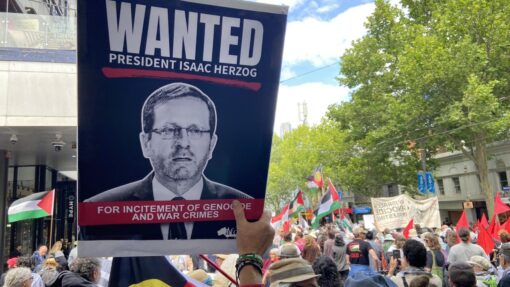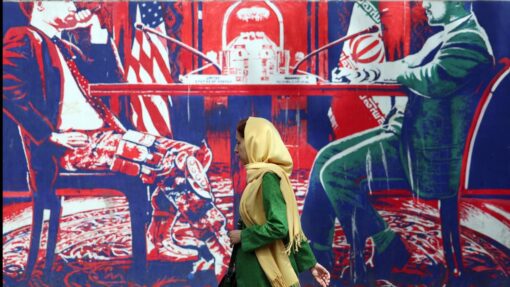Australia’s Iran fallout warning despite uneasy truce
Kat Wong, Tess Ikonomou and Andrew Brown |
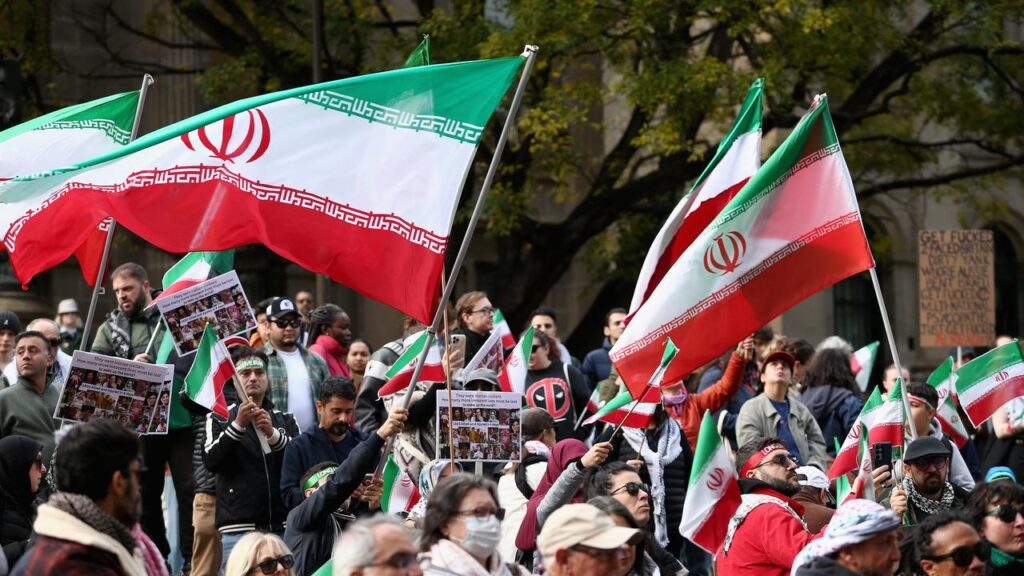
Conflict between Iran and Israel will have consequences for Australia, even if a ceasefire holds, an expert warns.
While the federal government has repeatedly called for diplomacy and peace, it differed from other US allies by supporting America’s decision to join Israel’s offensive and strike Iran.
Concerns had been raised if the action was legal, making Australia’s position on the strikes “worrying”, regardless of whether a ceasefire held, analyst Jessie Moritz told AAP.
“Given that the intelligence that Israel was operating under was not confirmed even by the US, that really raised the question of whether this was a legal war and whether this was breaking an international norm,” the Australian National University Arab and Islamic studies lecturer said.
“Breaking international norms is a huge problem because it allows our enemies to break that norm with us.”

The Labor government initially took a more neutral stance but backed the US bombings after the coalition came out in support first.
Dr Moritz said the government’s quick decision was concerning and drew comparisons to the events of 2003, where Australia joined the US war in Iraq under false claims it possessed weapons of mass destruction.
Though she hoped a ceasefire would hold, Dr Moritz warned the conflict would have long-term ramifications.
US international partners have begun to more closely examine whether American interests align with their own as President Donald Trump emerges as a foreign policy disruptor.
The conflict could incentivise Arab states to pursue nuclear weapons and lead Iran to withdraw from the Nuclear Non-Proliferation Treaty and rebuild its nuclear program.
Dr Moritz said Iran could become more repressive and conservative because it might lose some support, using the events as an excuse to violently repress opposition groups.
Anyone within the regime who supported diplomatic engagement with the West would be sidelined too.
This could impact Australian-Iranian communities, many of whom hoped the conflict could help de-stabilise the Iranian autocracy and pave the way for a new, democratic government.
Persian Australian Community Association member Nader Ranjbar said the regime’s continuation could lead to his “worst fear”.
“That somehow they get away from this mess and the first thing they do is start killing Iranian people,” he told AAP.

Mr Trump attacked both nations for breaching the ceasefire in the early stages, saying “they don’t know what the f*** they are doing” on live television.
The prime minister was unperturbed by the language.
“President Trump made some pretty clear statements. I don’t think it needs any further reflection,” Mr Albanese said on Wednesday.
“We want to see peace in the region, we want to see a ceasefire, we want to see de-escalation, and that is consistent with the very clear comments of President Trump.”
In the early hours of the day, 119 Australians and family members left Tel Aviv on a government-assisted flight.
There are still about 3000 Australians in Iran who have registered with the government for help to leave, and more than 1000 in Israel.
The latest conflict erupted on June 13, when Israel fired missiles at Iran in a bid to blow up military assets, arguing it was on the cusp of developing nuclear weapons.
The battle took a turn on the weekend when the US launched a bombing raid on three underground nuclear facilities in Iran.
AAP